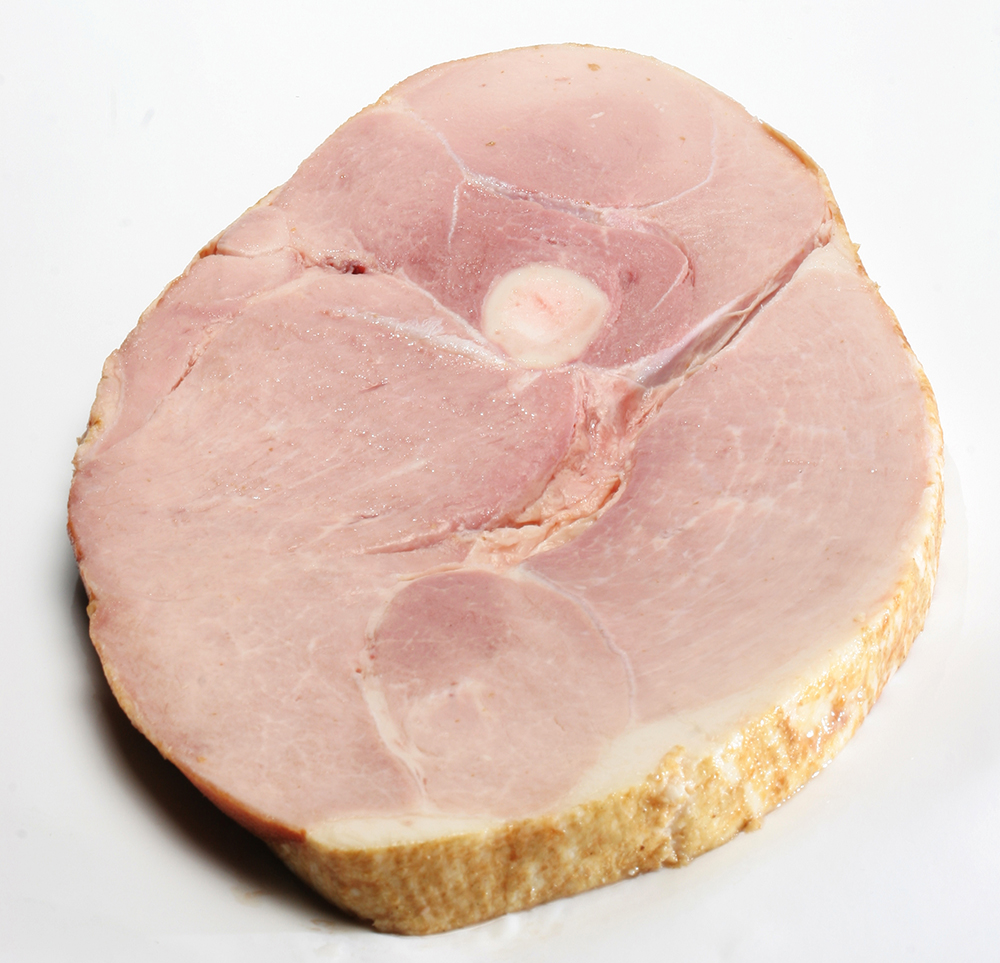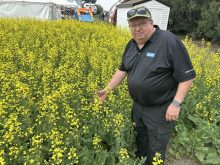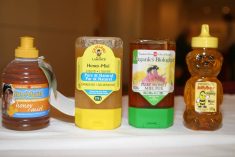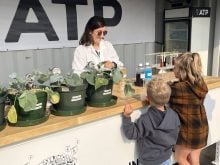The number of COVID-19 cases at the Maple Leaf Foods plant in Brandon has increased, again.
United Food and Commercial Workers 832, which represents about 2,000 employees at the pork processing plant, said Aug. 7 that cases have doubled.
“Yesterday, the union was informed about an additional four positive cases of COVID-19 among members at the plant, bringing the total up to eight,” said Jeff Traeger, UFCW 832 president. “We are expecting that this number will continue to increase, and we are renewing our call on Maple Leaf to halt production in the Brandon plant until this situation is under control.”
Read Also

First annual Ag in Motion Junior Cattle Show kicks off with a bang
Ag in Motion 2025 had its first annual junior cattle show on July 15. The show hosted more than 20…
On Aug. 6, UFCW and the province announced three cases at the plant. Those employees worked in administration, not on the cutting floor.
The first employee to test positive felt sick July 28 and hasn’t returned to work, CBC reported. About 70 staff who may have had contact with that worker, went into self-isolation.
It’s unclear if the four new cases are in the administration department, or employees who work on the plant floor.
The UFCW and the opposition NDP say the plant should be closed, before COVID-19 takes hold and threatens the lives of workers.
As of Aug. 6, Manitoba’s provincial health officer Brent Roussin said the plant was not the source of infection. At least for the initial four cases.
There’s a cluster of about 30 cases in Brandon and the workers likely contracted the virus in the community.
“Right now, we don’t see inter-facility transmission of the virus. So that’s reassuring that the protocols in place are effective,” Roussin said.
As of Aug. 6, Maple Leaf Foods said it plans to keep the plant open.
UFCW 832 has sent a letter to Manitoba’s minister of health, asking for a public order to shut down Maple Leaf. The 700,000 sq. foot plant can process 90,000 hogs per week and is the largest pork packing plant in the country.
“Manitoba Public Health, Workplace Safety and Health, and the (Canadian Food Inspection Agency) have all toured the plant yesterday (Aug. 6) afternoon,” UFCW 832 said on its website. “We are looking forward to hearing the results of these inspections.”
A shut down, even for a short time, would be a blow to the pork industry because producers are already suffering through a period of low prices.
Many independent farmers are losing $30 to 50 on every pig they produce. In July, Maple Leaf announced it would pay an additional $20 per pig, to help farmers through the difficult time.
The bonus is welcome, but provincial pork associations in Western Canada are calling for fundamental changes to the pricing system, where farmers get a greater share of the market value of a pig.
Prices are weak because the western Canadian price is based on the United States market, where hog processing plant closures because of COVID-19 have created an oversupply of pigs.
That’s not the case in Canada. Most processors need more pigs to fulfill strong demand for Canadian pork in Asia and other markets.
The pork associations want processors such as Maple Leaf Foods to incorporate the U.S. Department of Agriculture cut-out value into the price paid to Canadian farmers. The USDA tracks the value of pork loins, ribs, butts and other cuts of pork.
“They recalculate it back into a carcass value… based on those meat cuts. That gives you an idea of perhaps the wholesale value of that carcass,” said Darcy Fitzgerald, Alberta Pork executive director, explaining its an estimate of packer returns on a pig.
If the pricing system isn’t modified, hog producers will continue to drop out of the industry.
“We’re losing so many independent producers,” Fitzgerald said. “We’re even seeing (Hutterite) colonies exiting the pork industry. Which is really… unheard of.”
Robert.arnason@producer.com


















